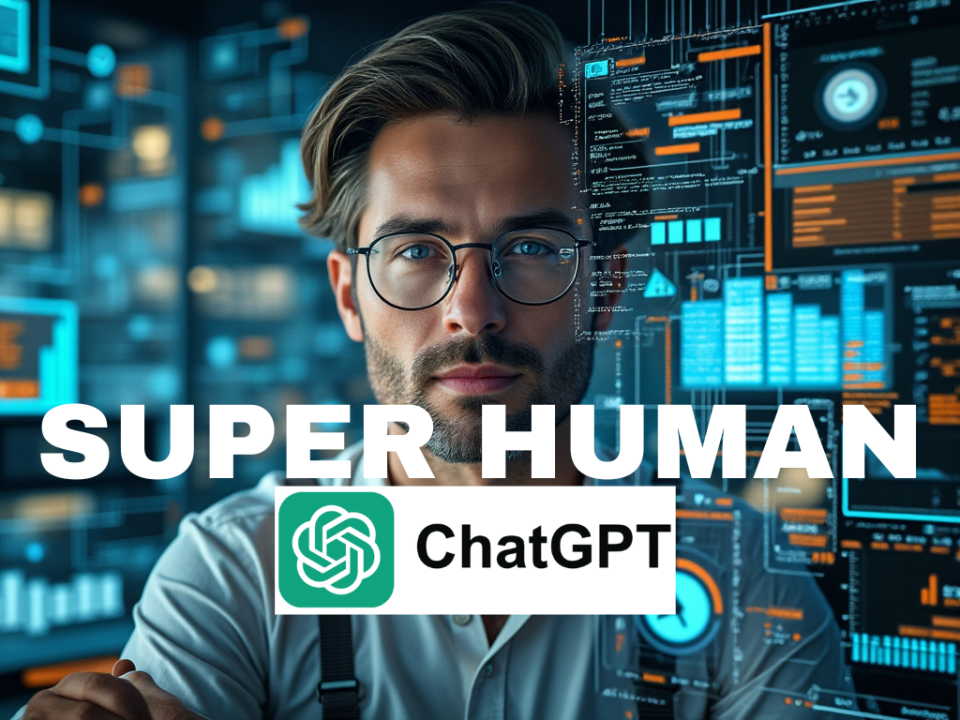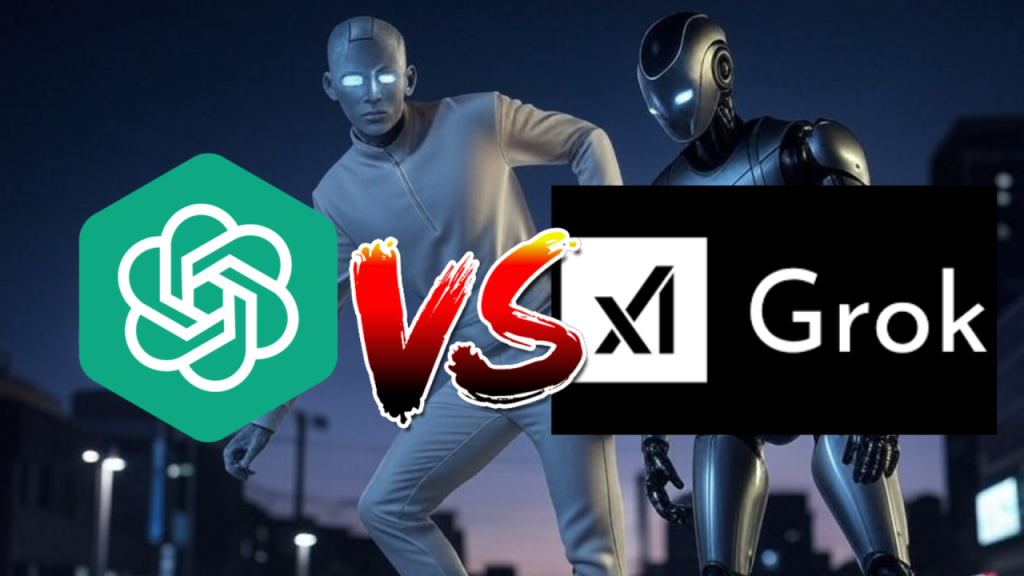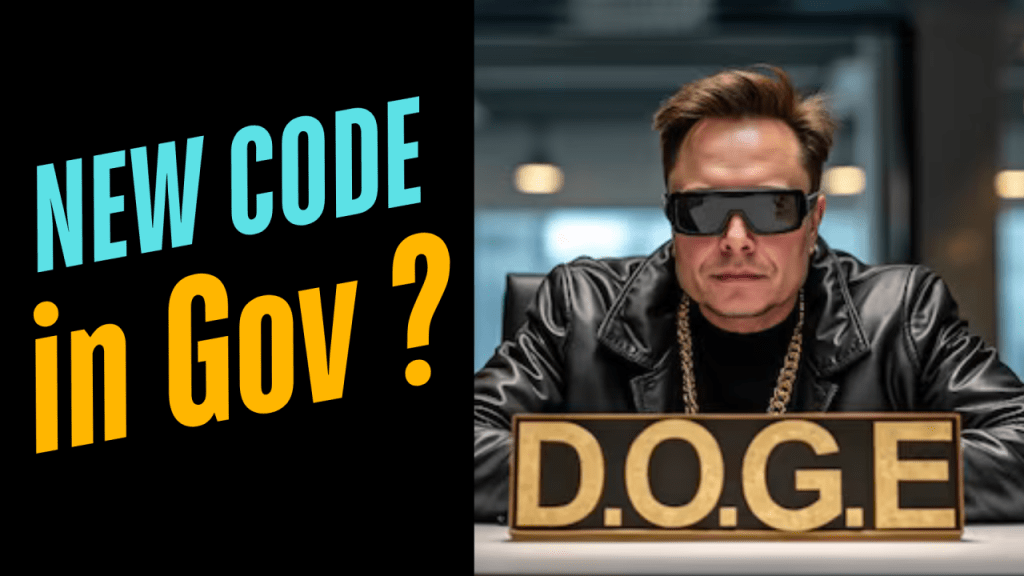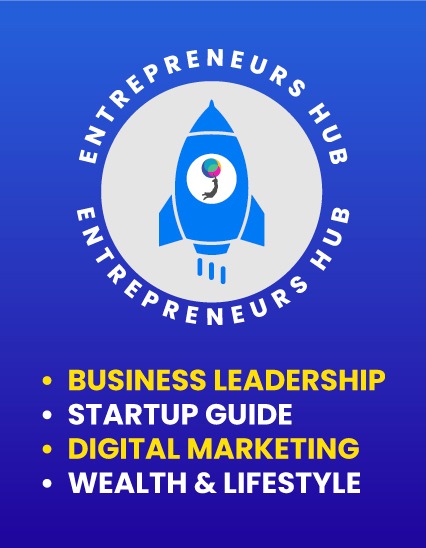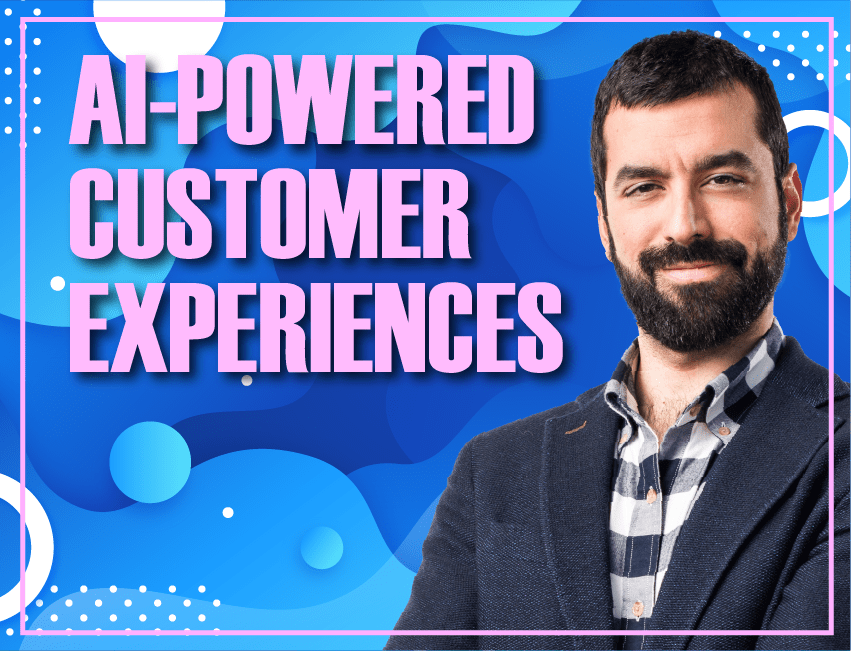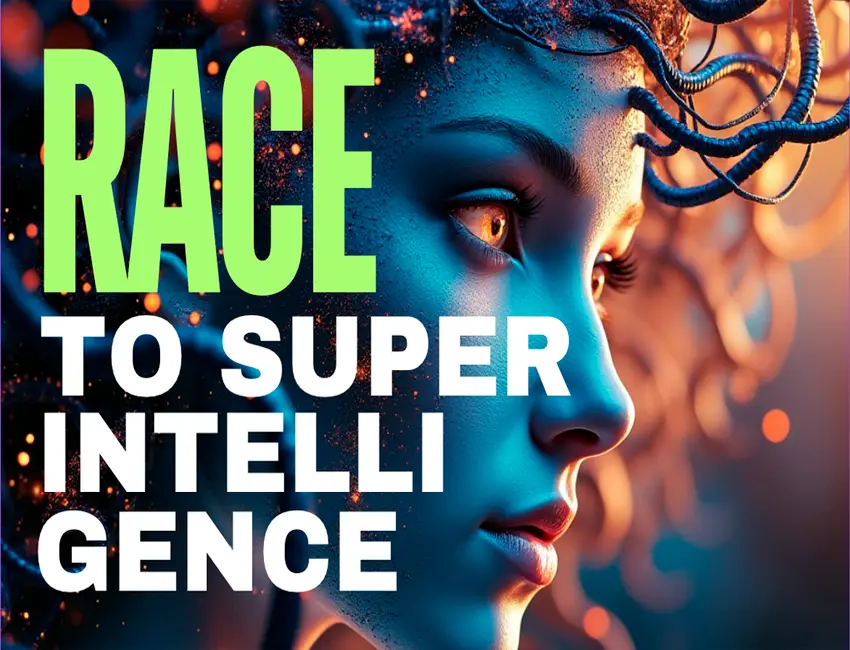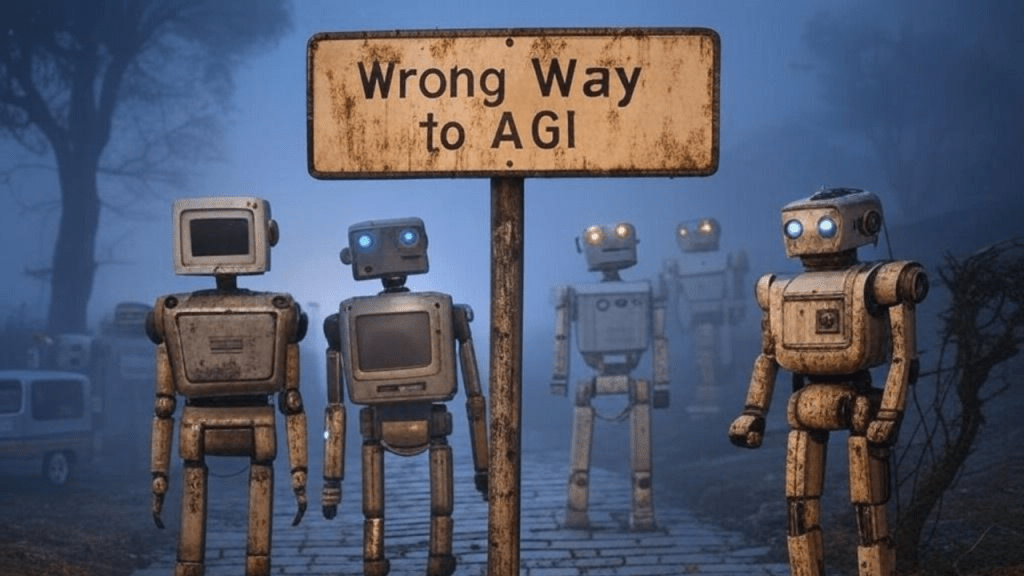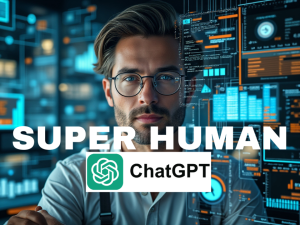The Rise of AI and the Challenge for Google
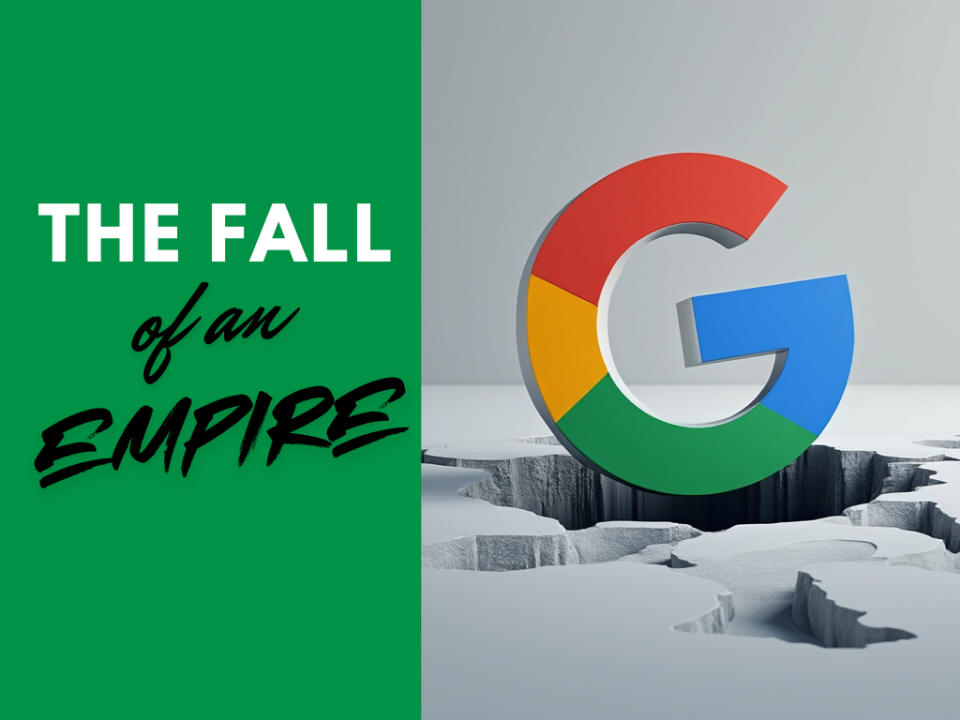
GOOGLE…
The future of AI is unfolding rapidly, and it’s setting the stage for a massive shift in tech—especially for Google. Let’s explore how Google, once the uncontested leader, may face a swift decline if it doesn’t adapt.
For over two decades, Google has been a beacon of innovation. But, like Icarus in Greek mythology, whose wings melted from flying too close to the sun, Google’s ascension seems to have led to a complacency that now threatens its survival.
Despite its advances, Google’s core search functionality has barely evolved since 1998. The iconic search bar that once revolutionized the internet now feels like an artifact in a world that craves dynamic, interactive experiences. I’m not here to tear Google down; rather, I’m offering a constructive critique of a leadership approach that seems to have lost its edge.
In the early 2000s, search was revolutionary—a simple query that yielded results was groundbreaking. But by the 2010s, Google’s focus shifted to tweaking algorithms and placing ads, with no real transformation in the core search experience. Leading a web development company I can tell firsthand how this keyword-based model was failing. I could tell there was no innovation, a better search, usability improvement or better user experience. Can you imagine? from 1998 until now in 2024 users are forced to sift through endless pages, clicking back and forth in an archaic, time-consuming process to find what they search for. Google had both the resources and talent to create an AI-driven, conversational search and not keyword-based search that could synthesize information in real-time. This shift never materialized, holding back human progress for nearly 25 years. By 2012, I had this type of discussions with colleagues and clients and they confirmed a shared frustration: Google missed the chance to unlock the true potential of discovery and learning.
Over time, real innovation was traded for profit margins, investing in multiple small and medium-size projects, and Google’s focus shifted to AdWords and PPC revenue. This became the new holy grail to shareholders for sure, overshadowing the need to advance search technology. Profit took priority, leaving the main core of the business “The Search” trapped in a cycle of incremental changes while genuine innovation on the search was sidelined.
With around 92% of the global search market, Google grew comfortable. But history shows that comfort can breed decline.
The same kind of mentality I had in New York took place in California by 2015 where OpenAI acquire funds and started developing the new “Search Engine”. That’s how ChatGPT enter to the market in November 2022 and Grok by X in November 2023. These conversational AI tools represent what Google could have been if it had dared to innovate instead being comfortable profiting from Adwords. Instead, they’re leading the way in offering interactive, intuitive, and instant access to information—qualities Google once championed. This shift is equal of NASA’s pause in space exploration, which delayed humanity’s progress until SpaceX reignited our journey to the stars. Now, ChatGPT and Grok are advancing information retrieval after Google’s long stagnation.
Now, put attention what is happening, Gen Z is moving away from traditional search engines. Studies reveal that over 60% of this generation now prefer platforms like TikTok or AI assistants to find information. This isn’t just a trend; it’s a fundamental shift in how information is accessed.
Google did release Gemini in December 2023, yes! but it feels more like a reactive gesture than a revolutionary step. The company’s internal culture lacks the passionate innovators willing to break boundaries and drive real change, they just show employees doing what they are asked to do. This is the case of a large organization struggling to keep up with nimble competitors.
If current trends continue, I foresee Google’s market share dropping to 50% within the next year to 18 months. To prevent this decline, Google must refocus on genuine innovation rather than revenue maximization through AdWords. It needs a new leadership with entrepreneurs and visionaries (not just C-Suite talent) who can anticipate and shape the future, not just react to it.
Friends, readers these are exciting times, filled with potential for new alliances and breakthroughs. If Google fails to act decisively, companies services like Grok could easily eclipse it. In fact, it’s not unthinkable that by 2030, entities like X Corp could acquire Google and Apple, reshaping the entire tech landscape.
As an entrepreneur, I draw two key lessons from this landscape. First, never underestimate the power of a single visionary mind. Like Prometheus stealing fire from the gods, one person’s drive can ignite transformative change. Second, allowing greed and short-term shareholder interests to dictate decisions can erode a company’s foundation, opening the door for others to seize the lead.
I believe, Google’s journey serves as a powerful reminder that hubris and complacency can bring down even the mightiest giants. The rise of AI isn’t just a technological shift; it’s a call for companies to evolve—or risk obsolescence.
Stay ahead in the tech revolution! At Dreams Animation, we help businesses harness the power of AI and web innovation to stay competitive. Contact us to explore how we can enhance your digital strategy with the latest technology.


